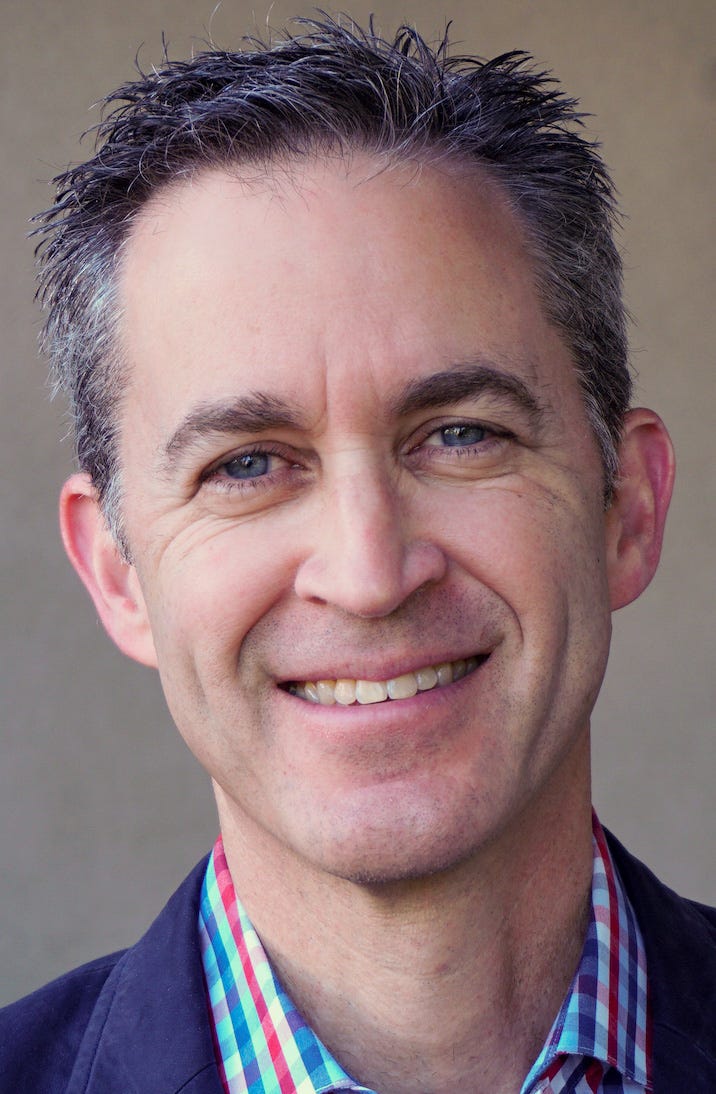How to get Americans to care about human rights
Legal scholar David Kaye on why the U.S. hasn’t built human rights institutions, why they’re more needed than ever, and how we can create a human rights culture — even under Trump.
The last time we spoke with law professor David Kaye, he was explaining the International Criminal Court’s arrest warrants for Israeli and Hamas leaders, stemming from charges of crimes against humanity in the Gaza War. But Kaye, an expert on international criminal justice and a former U.N. Special Rapporteur on the right to freedom of opinion and expression, has human rights concerns closer to home.
Last week, to mark Human Rights Day, he published a piece asking whether the U.S. was prepared for the human rights challenges Americans will likely face under the Trump administration. Unlike most developed democracies, the United States has no national-level watchdog for human rights issues, and a plan to build one (introduced by a coalition Kaye was involved in) was rejected by the Biden administration in 2022.
Kaye joined us to talk about the state of human rights work in America at the state and city level, his involvement in trying to build a national human rights infrastructure here in the U.S., what got in the way of previous attempts, and what’s likely to happen as we enter the even more challenging political environment that lies ahead.
We hope The Ink will be essential to the thinking and reimagining and reckoning and doing that all lie ahead. We want to thank you for being a part of what we are and what we do, and we promise you that this community is going to find every way possible to be there for you in the times that lie ahead and be there for this country and for what it can be still.
Why do people in the U.S. see human rights, if they see it at all, as an abstraction, and as something that has to do with people elsewhere? Basically, why is the idea of human rights so devalued in the United States?
There are a lot of reasons. U.S. government and civil society have for 60 years pretty much relied on constitutional norms and a belief that equal protection and freedom of expression, freedom of the press, all of those things, rights to privacy, all of those things are contained in and protected by the Constitution. And Americans have a religion around the Constitution. So why do we need something more if we already have all those rights in the Constitution?
And that's not a bad argument. At least in principle, we have a lot of protection in our constitutional system for fundamental rights. And so that, at least to me, begins to shape this issue of maybe why Americans believe in the idea of human rights, but the way that it is articulated, the way it materializes, is through a constitutional vocabulary rather than an international human rights vocabulary.
Does this tie into a bigger problem in American politics — illustrated very much by the rise of Trumpism — in which people don't necessarily understand how much the oversight and execution of the law depends on norms, which don’t include a mechanism for policing?
That's exactly right. And that policing or that oversight becomes even more important, I think, when the hard institutions like the institutions of enforcement, the courts, the police, Congress, state houses, state legislatures become unavailable. And over the next four years, I think we're going to see more and more of those institutions of protection become unavailable to people who need protection.
I think they already are in some ways. Especially in areas that are commonly understood as being within the domain of human rights — the rights of women and children, rights of lesbian and gay people, rights of people of color — on those, people can't count on the courts anymore.





